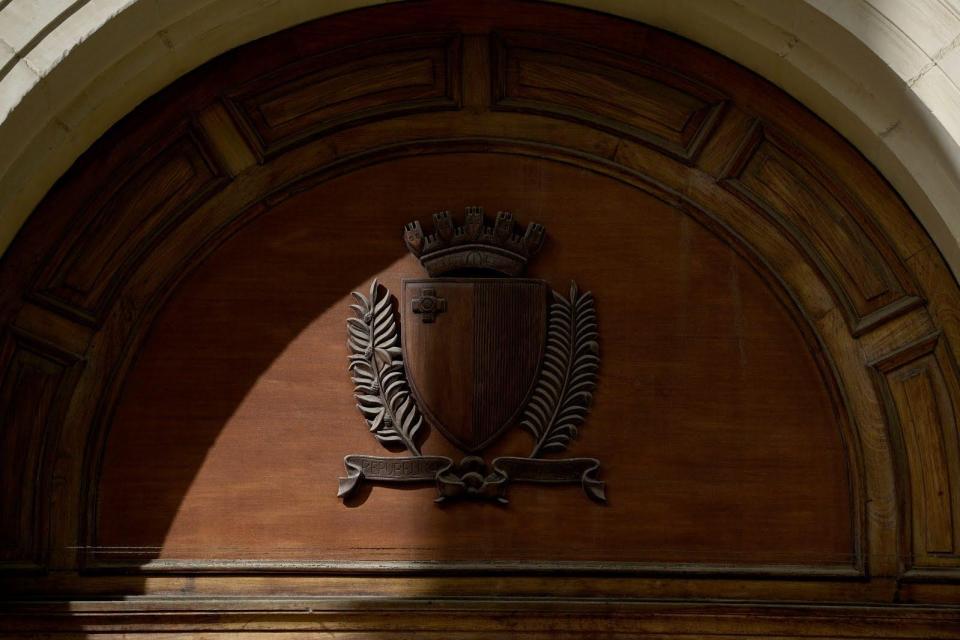Benefits racket fraudsters eligible for pardon only if money is paid back
The government said that anyone already charged or likely to be charged in connection to the racket may be pardoned, except the alleged masterminds

Only people who have paid back their ill-gotten gains related to the benefits racket will be considered for a presidential pardon, the Government clarified in a statement on Saturday.
This comes after the case against many of the people implicated in the scandal had to be adjourned on Thursday after several lawyers expressed they felt they did not have enough information to advise their clients on the way forward in light of the announcement of the pardon.
Criminal cases have been brought against hundreds of people who received a monetary benefit intended for people with severe disabilities which they did not suffer from.
It has since been announced that a presidential pardon will be granted to such people after it came to light that many who had become tangled up in the racket were genuinely sick, poor or needed the money.
Prime Minister Robert Abela has appealed to the public not the downplay the trauma of people involved some of whom are vulnerable and facing other social problems.
However, the pardon does come with caveats, namely that those accused will have to pay back all of the money they weren't entitled to and will have to testify in court in order to get the crime struck off their police conduct.
The government said that the people implicated in the racket would be eligible for a presidential pardon if they were found guilty of crimes related to the fraudulent scheme as of January 1, 2022, if they are currently facing criminal charges or if it is possible for them to be charged criminally based on these same circumstances, that is having received this benefit while not being entitled to it.
Anyone suspected of masterminding the scheme or instigating and promoting it in any way will not be eligible to be pardoned, they stressed.
For one to be considered for the pardon, they must first make a request to the director of Social Security through their legal representative. The person must also confirm that they intend to pay back the money or provide information about how they plan to make repayments.
After it is verified that the money has been paid, or the person enters into a written agreement to return the money through a repayment plan, then the request for a pardon can be passed on the the Police Commissioner and the Justice Ministry. The latter will then be able to confirm the issuance of the pardon to the applicant.